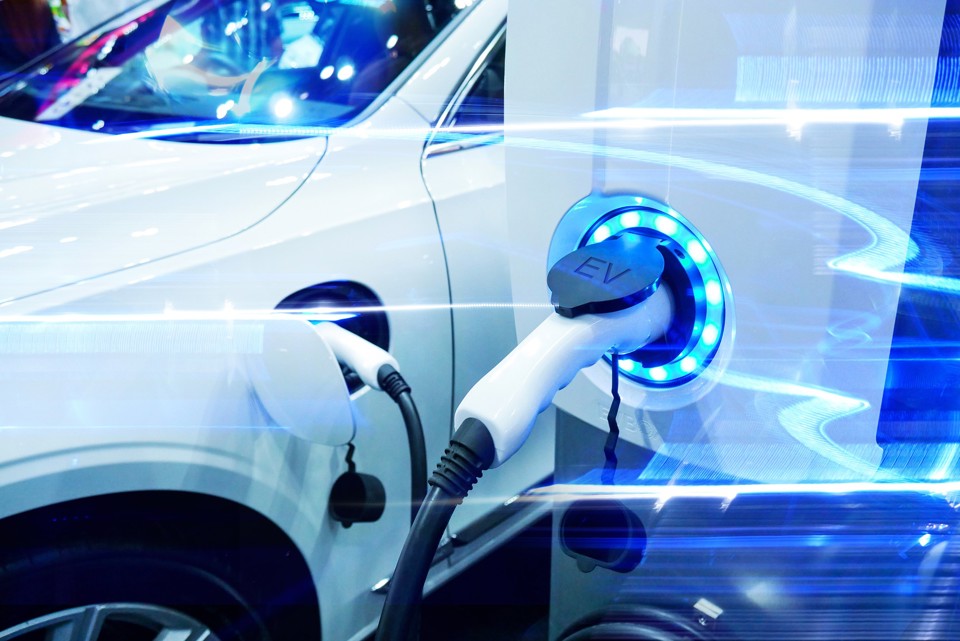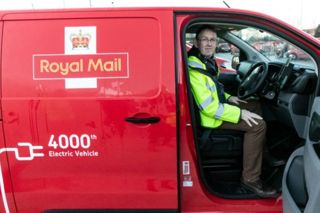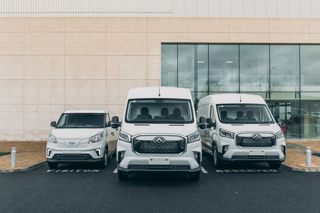Fleet operators believe certain key commercial vehicles may require exemptions from the from the internal combustion engine (ICE) production deadlines currently planned by the Government.
FleetCheck has highlighted conversations among its user base that difficulties remain around the electrification of essential use vehicles and those that are used in specialised roles.
Peter Golding, managing director at the fleet management software provider, said: “There are a number of vehicle roles that are not easily electrified in terms of fulfilling basic requirements. Examples include certain blue light vehicles such as ambulances and off-roaders used by power companies in the event of outages.
“If you have an ambulance with a real world range of 100 miles and a recharge time running into several hours, then its utility in a crisis is potentially severely compromised. Not having that vehicle available could have a serious human cost.
“These difficulties are compounded in more remote areas where charging infrastructure development is likely to be slower. Fixing power outages in the Highlands requires an operational flexibility that electric pick-ups and 4x4s would not be able to easily supply in terms of current technology.”
The Government is planning to end the sale of ICE-powered cars and light commercials by 2030, with a five-year grace period for hybrid models with a “significant zero-emissions capability”.
Golding said: “The thinking is that electrifying 99% of fleet cars and vans is something that can be feasibly done and operators should be able to concentrate on that task ahead of 2030 and 2035 without having to try to resolve issues around vehicles for which solutions remain very difficult.
“Even if the deadlines on these essential use vehicles was set back just five years, it would allow easier electrification across the vast majority of fleets. We could then move on to these trickier cases that would be easier to tackle because industry knowledge about EVs would be so much higher and the infrastructure in a much more advanced state of development.”
The new EU policy on ceasing ICE production exempts manufacturers below 1,000 units completely so, while that no longer directly affects the UK, there will potentially continue to be some petrol, diesel and hybrid production.
























graham clark - 09/07/2023 11:22
i am a courier company owner driver with a diesel vauxhall combo returning 70mpg . i travel 300 to 400 miles each day. if i switch to an electric combo firstly they are £10k more to buy than a new diesel . Secondly , more importantly, the range is 161 miles on a full charge and would then need a 5 hour charge which is not viable in the courier industry i just couldn't get any work done.